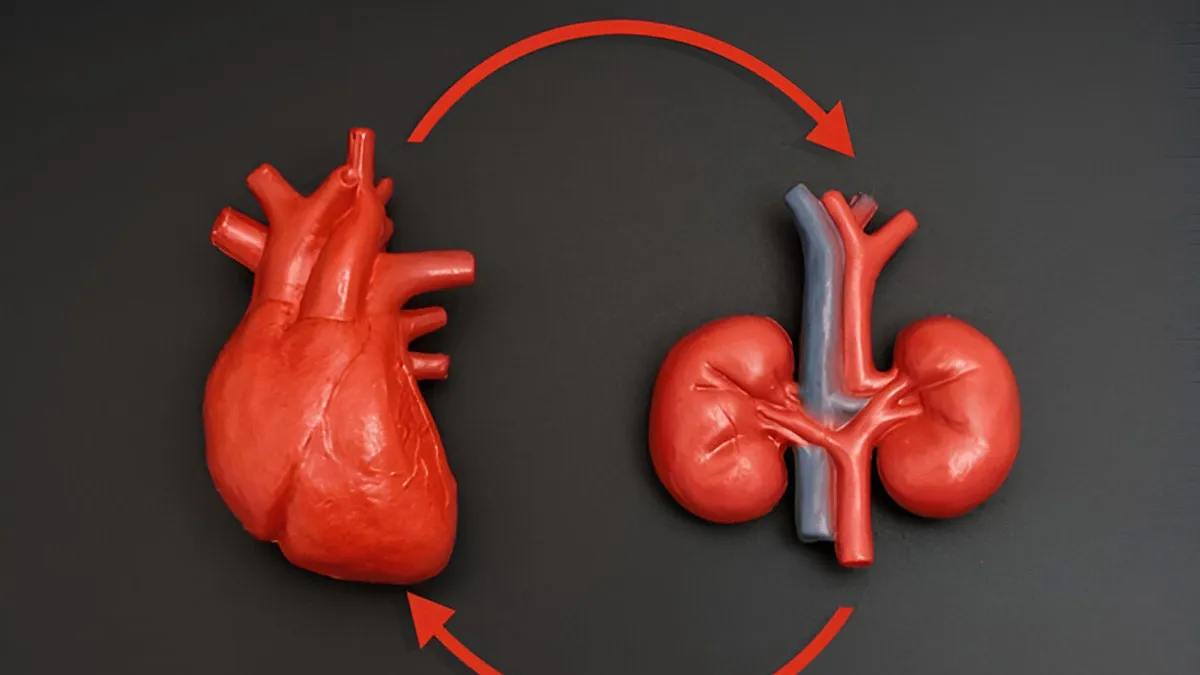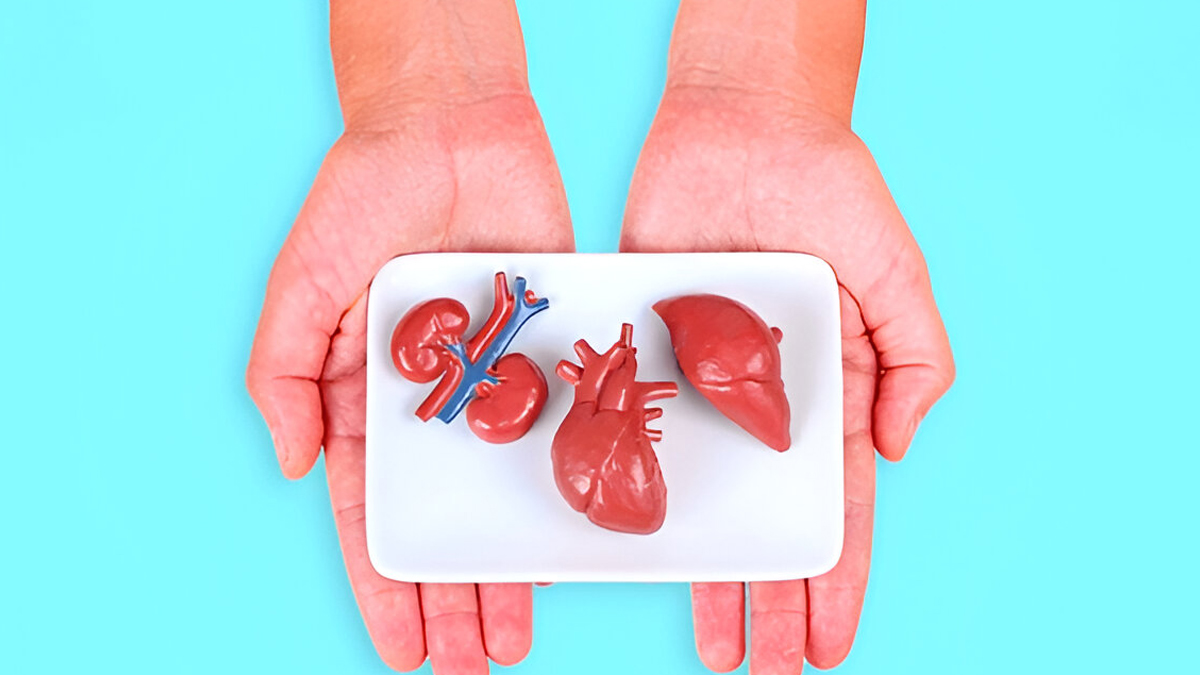
If you have gout, you probably already know what uric acid is and how high levels can give rise to flare-ups. For those who don't, gout is a painful form of inflammatory arthritis directly caused by high levels of uric acid in the blood, a condition called hyperuricaemia.
Table of Content:-
But high uric acid levels in the body can do more damage than just cause gout. The effects can go beyond the condition and even affect two main organs in your body: heart and kidneys. Here's what an expert shared with us.
Also Read: Have Gout? Why Alcohol Is Your Worst Enemy
What Exactly Is Uric Acid, And How Does It Rise In The Body?

Dr Shashank M S, Consultant - Urology and Renal Transplant, Aster CMI Hospital, Bengaluru, explained, "Uric acid is a waste product in the blood created when the body breaks down purines, found in foods and produced internally. Purines are found in some foods like red meat, seafood, peas, and beans, and also in our own body cells."
According to the doctor, uric acid, normally, dissolves in the blood and passes out through the kidneys in urine. But sometimes the body makes too much uric acid, or the kidneys do not remove it properly. This causes a rise in uric acid levels in the blood. High uric acid can lead to problems like gout, kidney stones, and joint pain.
Eating too much purine-rich food, drinking alcohol, being overweight, dehydration, or certain medical conditions can make uric acid rise in the body.
How Do High Uric Acid Levels Affect Heart And Kidneys?

Studies have pointed out that high uric acid levels can affect the heart and the kidneys. A 2008 study published in the Journal of the American Society of Nephrology suggests that higher uric acid levels can raise the risk of developing kidney disease, even in those with normal kidney function at the start.
Another, more recent study suggests elevated uric acid may also be linked to heart and kidney problems such as high blood pressure, atrial fibrillation, chronic kidney disease, heart failure, coronary artery disease, and even cardiovascular-related deaths.
"Too much uric acid in the blood can damage the lining of blood vessels, making them stiff and narrow. This raises the risk of high blood pressure, which puts extra strain on the heart. High uric acid is also linked to inflammation in the body, which can harm the heart and arteries. Over time, this increases the chances of heart disease, stroke, and heart failure," Dr Shashank explained.
He further added that uric acid has a direct link with kidney health. When uric acid levels in the blood are high, it can collect in the kidneys and form crystals. These crystals may join and turn into kidney stones. Uric acid stones can cause severe pain in the back or side, burning while urinating, or blood in the urine. If not treated, repeated stone formation can injure the kidneys. High uric acid can also make the kidneys work harder and slowly damage them over time. People with kidney problems often find it harder to remove uric acid, which makes the level rise even more."
Dietary Tips For Managing Uric Acid Levels In The Body

controlled with diet and lifestyle changes. Some of the dietary and lifestyle tips include:
- Eating fewer purine-rich foods like red meat, organ meat, seafood, and beans
- Avoiding alcohol, especially beer
- Limiting sugary drinks and processed foods
- Drinking plenty of water
- Maintaining a healthy weight
- Exercising regularly
- Avoiding crash diets
- Including more fresh fruits, vegetables, whole grains, and low-fat dairy in the diet
Also Read: Are Gout Symptoms More Severe At Night?
When Should Medications Be Considered?
“Medication for uric acid is usually considered when diet and lifestyle changes are not enough to control the levels,” Dr Shashank said, adding that if uric acid stays high and causes repeated gout attacks, kidney stones, or joint damage, doctors may prescribe medicines.
According to him, people with very high uric acid levels, even without symptoms, may also need treatment to prevent future problems. “Those who already have kidney disease, heart disease, or diabetes are at higher risk and may benefit from medication earlier.”
Common medicines work either by reducing the amount of uric acid the body makes or by helping the kidneys remove it better. A doctor will decide the right time and medicine based on symptoms, health history, and blood test results.
Conclusion
While gout is a common consequence of high uric acid, its effects reach much further, silently impacting heart and kidney health over time. Left unchecked and untreated, hyperuricaemia can raise the risk of serious conditions like hypertension, heart disease, kidney stones, and chronic kidney disease. The good news is that uric acid levels can often be managed through smart dietary choices, healthy lifestyle habits, and, when necessary, medical treatment. Keeping uric acid in check not only prevents painful gout flare-ups but also protects two of the most vital organs in your body—your heart and kidneys.
Also watch this video
How we keep this article up to date:
We work with experts and keep a close eye on the latest in health and wellness. Whenever there is a new research or helpful information, we update our articles with accurate and useful advice.
Current Version